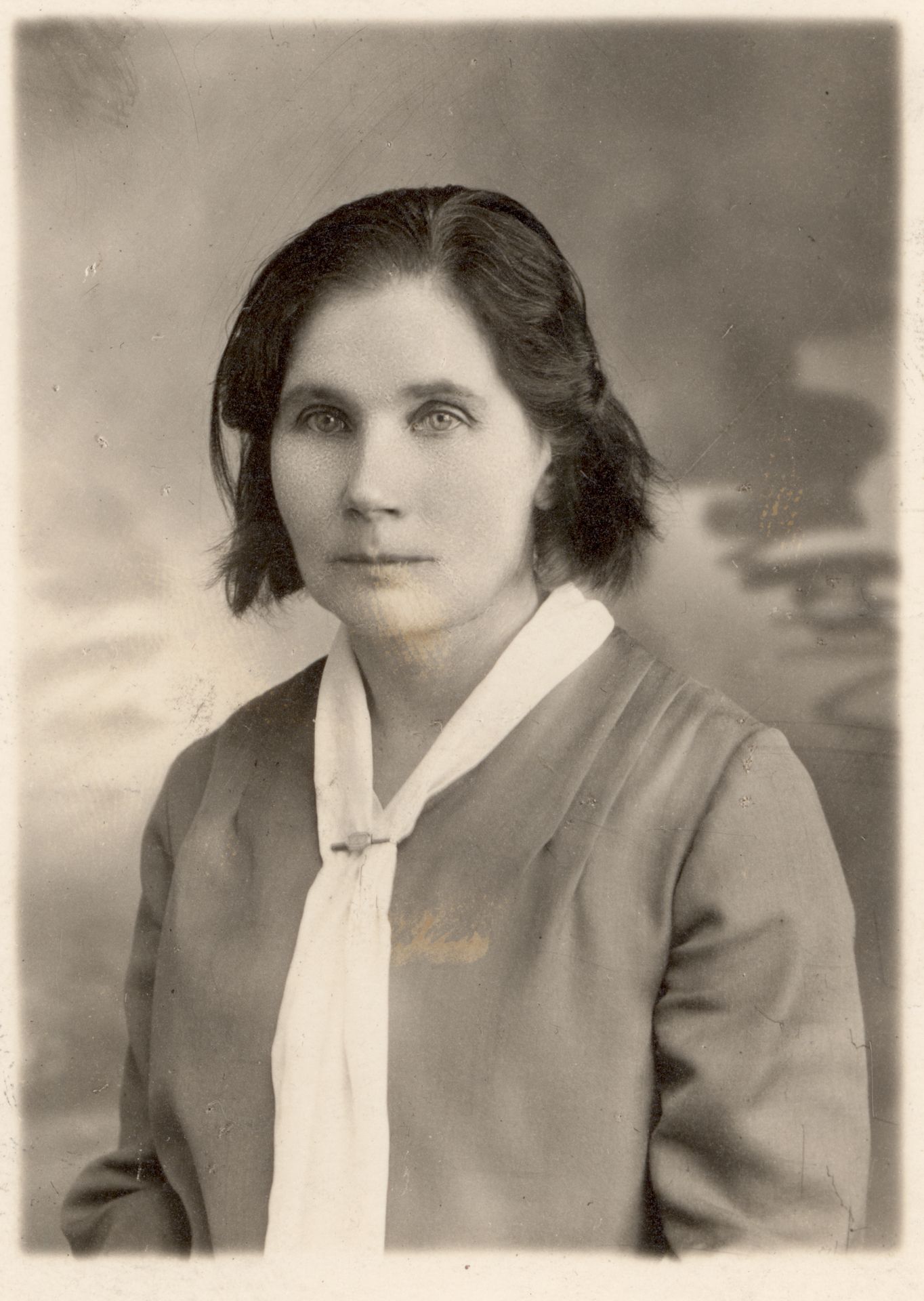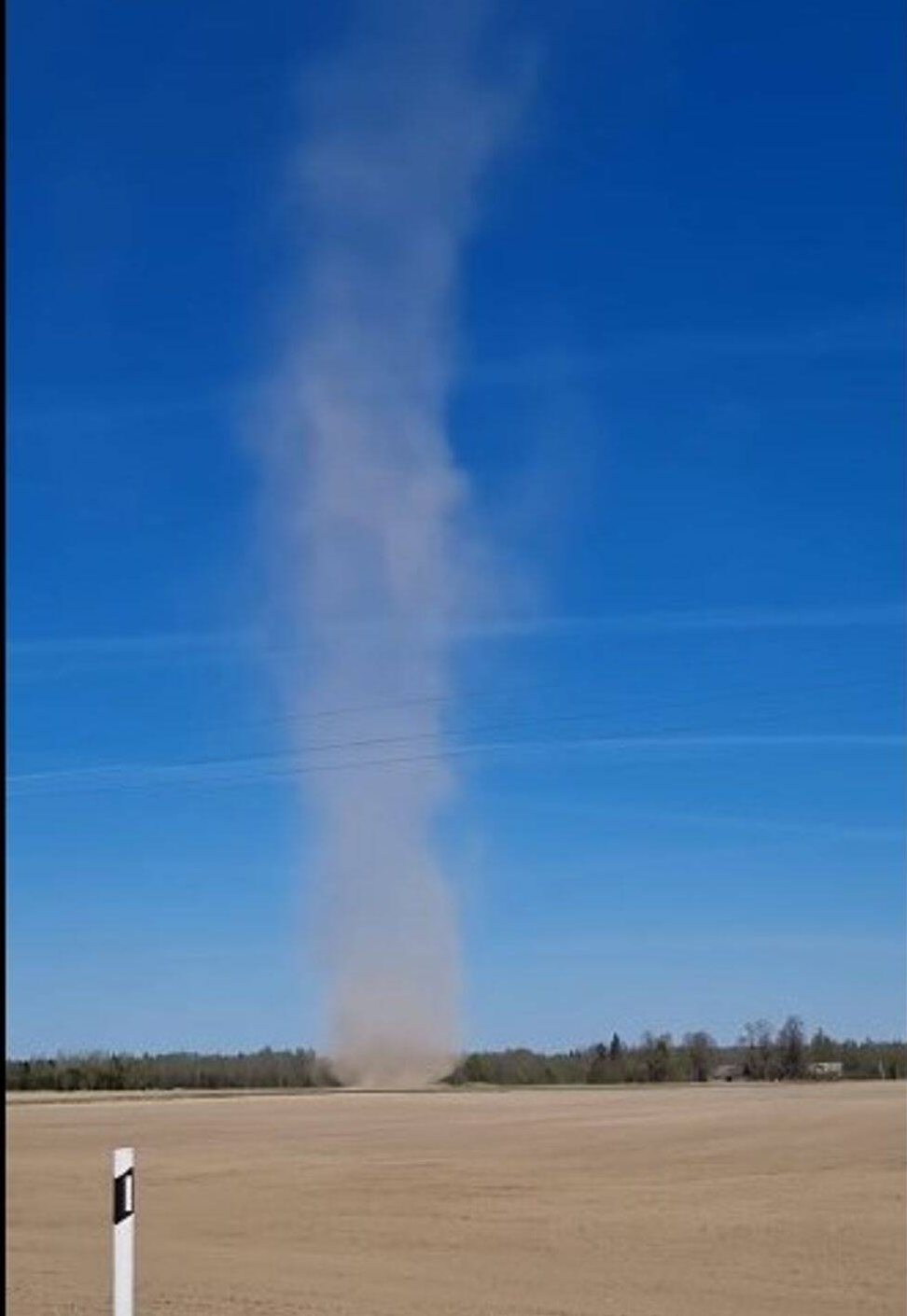Wind and heaven spirits
When the wind howls, the spirits are speaking; the wind itself is a spirit and speaks through its howling.
Kui tuul ulub, siis vaimud räägivad, tuul ise on vaim ja räägib ulumisega.
When the wind blows fiercely, and the sound of whining and howling can be heard in the wind, it is the children of the evil spirit crying out.
**
About the collector. In the winter of 1930, Emilie Poom, who lived in the remote village of Kõrvetaguse on the border of Harju and Lääne counties, came across a notice in Päevaleht stating that the folklore archive was looking for old songs. She wrote down the lyrics of a few songs she remembered from her childhood:"Kus käisid sa, mu pojuke", "Üks väike Hans läks jahi peal", "Olin orjas, käisin karjas", and sent them off with some hesitation. Thus began the work of a highly prolific folklore collector.
Kui tuul valjuste puhub ja on kuulda vingumise ja hulgumise häält tuules, siis on need kurjavaimu lapsed, kes kisendavad.
**
Tekstide kogujast. 1930. a talvel leidis Harju- ja Läänemaa piiril üksikus Kõrvetaguse külas elav Emilie Poom Päevalehest teate, et rahvaluule arhiiv soovib vanu laule. Ta pani mõned lapsepõlves meelde jäänud laulude sõnad kirja: "Kus käisid sa, mu pojuke", "Üks väike Hans läks jahi peal", "Olin orjas, käisin karjas" ja saatis need kahtlusega teele. Nii algas väga viljaka rahvaluulekoguja tegevus. (Allikas: Anu Korb 2014)
My Dad made the whirlwind move so that he went to the crossroads and blew into a bottle and spoke words into the wind and a strong whirlwind was soon up to twirl leaves and trash.
Minu isa panni tuulispasa nõnda liikuma, et läks tiilahkme pääle ja puhus pudeli sisse ja rääkis sõnu tuulesse ja varsti olli kange tuulispask väljas, mis lehti ja pragi üles keerutas.



